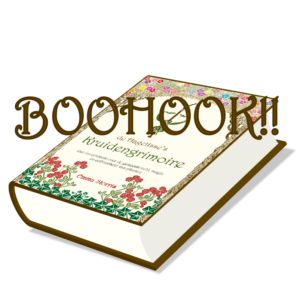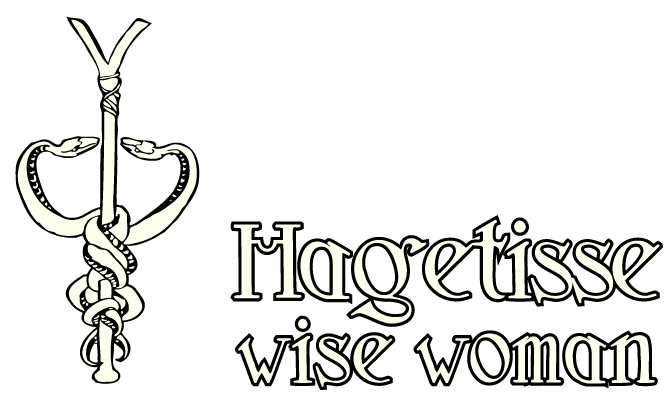Why Easter is an excellent weekend to discuss the position of women

As I write this, we are in the midst of the Easter weekend. During this weekend, a large part of society here in the Netherlands commemorates the time when Jesus of Nazareth is said to have died for the sins of people. People, incidentally, were also the ones who caused his death. They nailed him to a cross and left him hanging there until he died. But that’s beside the point. What people mainly celebrate is that he is said to have risen from his grave a few days later. I, for one, believe this is an excellent opportunity to discuss the position of women in society.
I want to clarify one thing right away: I have nothing against Jesus. In fact, the more I learn about the man behind this illustrious figure and his message, the more I believe he had something beautiful to offer. Essentially, he preached love. He preached compassion. For everyone. Including women. And that last part is important.
Jesus welcomed and valued women in his group
This was not at all obvious in his time. In the Israel of those days, women had a heavily subordinate position. Not so with Jesus. He had both male and female followers, and they were all equally dear to him, so it seems. In fact, according to historians now, one of them, Mary Magdalene, may even have held an extremely influential position.
The Abrahamic religions have a lot of explaining to do. In cultures where these religions dominate, women are in a disadvantaged position. In the Netherlands, of this group of belief systems, Christianity is the main culprit. Even in our so-called civilised and progressive country, women are still not treated as fully equal to men. And that is ironic because if you look at the essence of Jesus’ message, it was one of love and compassion for everyone. He treated everyone equally. There were many women among his followers, and that was not a given. In a time when women were oppressed – after all, they were all daughters of Eve – it was scandalous to leave everything behind to follow a prophet. Jesus encouraged their independence and treated them as equals.
Sadly, nothing changed
In fact, he fought against hypocrisy in Israel. He said that the way people lived there was not how their god intended it. That the greed seen even in the temples was not okay. And yet, Christianity managed to twist his message over the course of centuries so that the misogyny and cruelty of the Old Testament became the norm again. The greed has not disappeared either. How else is it possible that in this country, which its leaders so eagerly call ‘based on Judeo-Christian traditions’, there are people who do not have access to affordable housing or housing to begin with or are dependent on food banks?
In the book that emerged in the centuries that followed Jesus’ death, there was no place for the voice of women. Mary Magdalene went from beloved follower to the New Testament Eve. And what’s worse, the missionaries actively silenced those female voices in the communities they evangelised. The feast we celebrate this weekend is a poignant example of that. To gain a foothold in various territories, the tactic was to attach Christian significance to what Christians call pagan festivals. This happened just as much in our regions. Midwinter became Christmas, Midsummer became St. John’s Day, and slowly but surely every important moment in the lives of our ancestors was assimilated by a faith that was usually imposed from higher up. Easter took the place of the festival of Ostara. It’s still there in the name, Easter. And as it happens, it used to be typically feminine festival.
The feast of the goddess Ostara
During the festival of Ostara, a goddess, one celebrated the fertile phase of the year. Rituals were held to ensure that everything would grow and flourish so that a rich harvest would follow later in the year. All people who wanted children leaped over Easter fires. Animals from which one wanted offspring did so too, less willingly, but still. We still see this custom in the Easter fires in the east and north of the Netherlands, although under the influence of human zest, they have grown into enormous piles that you absolutely can’t jump any more. They are responsible for annual smog warnings for the whole of the Netherlands. Ostara’s attributes, hares and eggs, are still seen today, although many people no longer know where those come from.
The position of women in pre-Christian Netherlands
So, the patriarchy took over. Don’t get me wrong, I know there were and are plenty of other societies where women played a subordinate role and where they still have a disadvantaged position today, and which are not based on Abrahamic principles. But I live here, and it’s Easter. This is what I have to deal with. Moreover, it is becoming increasingly clear that women were not necessarily inferior in our pre-Christian society. Because history, too, was long seen through Christian lenses, it was long assumed that Germanic women did not have the same freedom as Germanic men.
It was even the case that if a sword was found in a grave, the often-male archaeologists immediately assumed it must be a man. Meanwhile, however, we know that these graves regularly contain the remains of women. And the same goes for some graves where, given the grave goods, clearly an important person was laid to rest. We now also know that medicine was mainly in the hands of women, as was spiritual care. Not everything is clear and much may always remain guesswork, but the image of women at the hearth and men on the hunt that was previously sketched of the Germanic people clearly does not hold true. Just as it never held true for our hunter-gatherer ancestors.
Almost everything we know about our Dutch pre-Christian ancestors from written sources was written by Christian writers after the Christianisation of these areas. It is to be expected that these writings are coloured by the Christian perspective of the writer. Seen in this light, it is not that strange that we hear little about the qualities of the many goddesses we had. The Edda mainly deals with the deeds of the Old Boys’ Network of the Norse gods. The qualities we often see as masculine – oh dear, I feel another blog coming up about duality – such as fighting, often take centre stage in these stories, while the qualities we see as feminine are overshadowed by all the intrigue and violence.
The irony of Easter
What I’m getting at is the irony that, this weekend, we celebrate that a man rose from the dead. A man who could have made women’s lives better. Whose message encompassed love and equality. And yet, it was twisted back into things that suited the patriarchy. Women in a subordinate position, just like the earth.
Therefore, today I want to pause and reflect on the fact that once upon a time, at this time of year, we celebrated a festival where a female god was central in a society where women were valued and, as it now appears, had the freedom they deserved. And that we have lost that in favour of the corrupted message of a man who meant well. It’s a good thing he rose from the dead, otherwise he would probably be turning in his grave.




